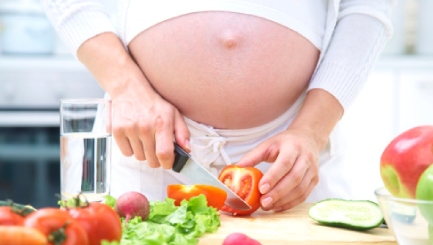
This condition can occur both during pregnancy and after the birth of the baby, and may involve symptoms such as restricting her diet, exercising too much, bingeing on food or purging after meals. Women who find themselves in this situation may have already had an eating disorder before pregnancy that was never diagnosed or treated, which could resurface during this stage in a woman’s life, or it may stem from body image issues which worsen during such dramatic bodily changes. In people with eating disorders, whether established or newly diagnosed, cognitive distortions are common which cause people to view themselves differently to how they really are – this means that no matter how thin a person becomes, they will only view themselves as overweight.
Beyond the psychological effects of pregorexia on the woman herself, the damage to the unborn baby is serious – there is a risk that the baby will be born with learning disabilities and cognitive damage, and even a risk of miscarriage or stillbirth in cases of this condition. You should be aware of the signs of pregorexia, such as skipping meals or over-exercising. If you think you may be suffering from this illness, it is vital that you seek help from your GP as soon as possible in order to limit the damage to both you and your baby.
